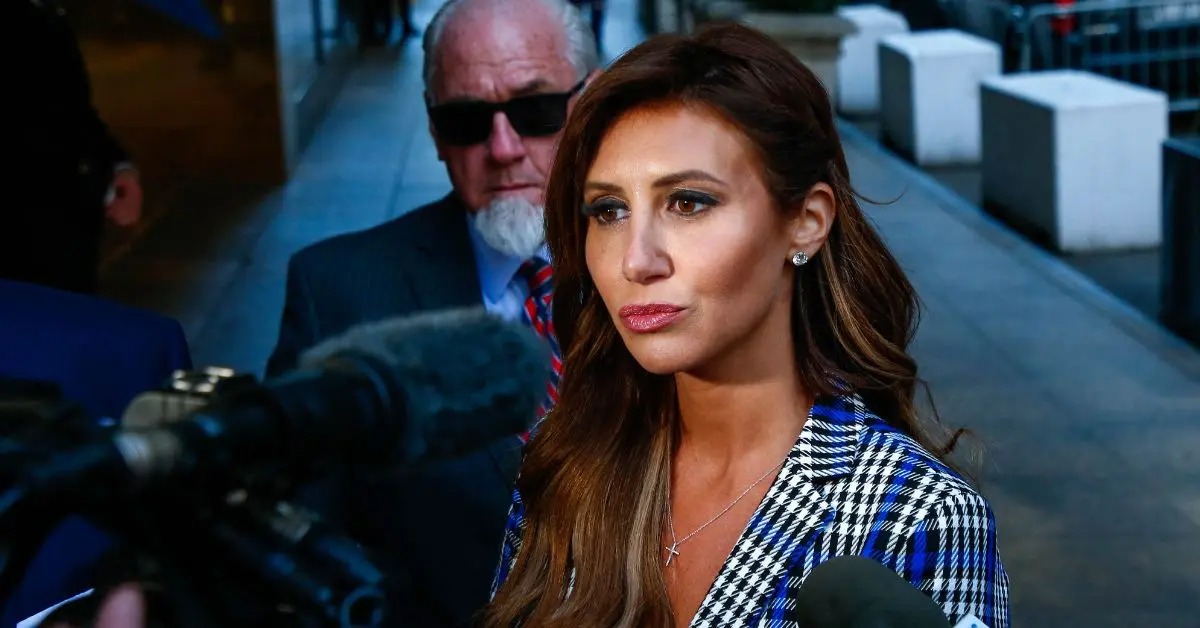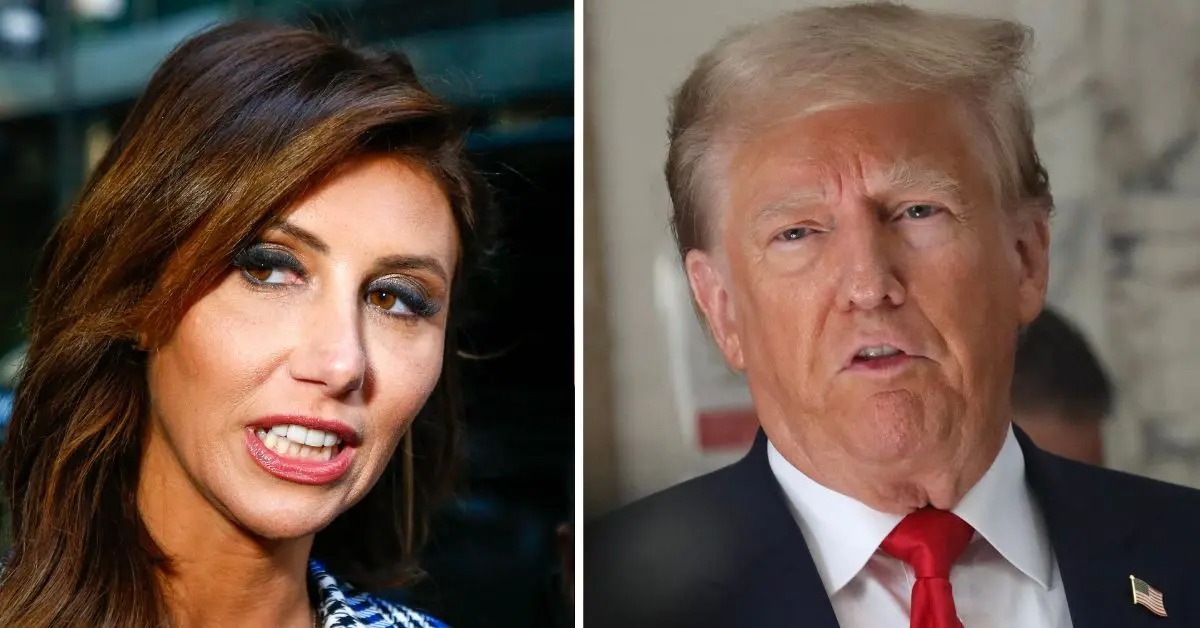Alina Habba, a lawyer representing former President Donald Trump, has expressed her firm intention to appeal a recent civil fraud judgment against Trump.
The case, presided over by Judge Arthur Engoron, concluded that Trump and top executives at The Trump Organization had engaged in fraud by inflating the value of Trump’s assets to secure more favorable terms from lenders and insurers.
The judgment, entered earlier this month, requires Trump to pay approximately $355 million in penalties. However, when factoring in pre-judgment interest, the total amount Trump is obligated to pay is $464,576,230.62.

Alina Habba (Credits: OK Magazine)
In response to the judgment, Habba stated, “Given the grave stakes, we trust that the Appellate Division will overturn this egregious verdict and end this relentless persecution against my clients.”
She also emphasized that the implications of the ruling extend beyond Trump, suggesting that if the decision stands, it will signal that “New York is no longer open for business.”
Habba’s statement underscores the strategic approach of Trump’s legal team, which is not only focused on defending Trump but also on framing the case as a broader issue affecting business in New York.
By characterizing the trial court’s decision as flawed and disconnected from legal reality, they are attempting to position the Appellate Division as the corrective force in this legal battle.
Christopher Kise, another lawyer representing Trump, had previously indicated that Trump would appeal the judgment. Kise asserted that Trump “remains confident the Appellate Division will ultimately correct the innumerable and catastrophic errors made by a trial court untethered to the law or to reality.”
These statements collectively reflect a strong belief within Trump’s legal team that the judgment is unjust and should be overturned on appeal.
The scale of the financial penalty imposed on Trump is significant, and the legal battle over the judgment is likely to be protracted and closely watched.
Trump’s lawyers are clearly prepared to vigorously contest the ruling, viewing it as an existential threat not only to Trump but also to the perception of New York as a business-friendly jurisdiction.
The outcome of the appeal will have far-reaching implications, potentially setting legal precedents and shaping perceptions of Trump’s business practices. For now, the legal saga continues, with both sides gearing up for a high-stakes battle in the Appellate Division.























